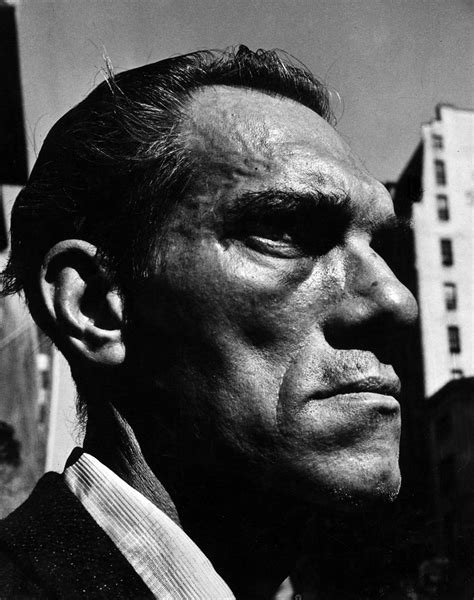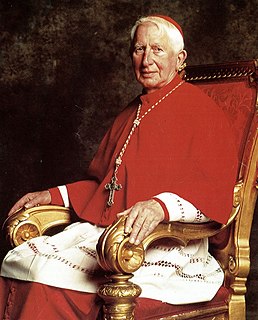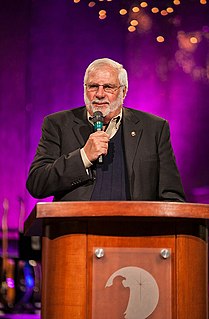A Quote by Leon Levinstein
A good photograph will prove to the viewer how little our eyes permit us to see
Related Quotes
Then we have the silence of the eyes which will always help us to see God. Our eyes are like two windows through which Christ or the world comes to our hearts. Often we need great courage to keep them closed. How often we say, I wish I had not seen this thing, and yet we take so little trouble to overcome the desire to see everything.
We spoke of how to say good-bye,” Jem said. “When Jonathan bid farewell to David, he said, ‘Go in peace, for as much as we have sworn, both of us, saying the Lord be between me and thee, forever.’ They did not see each other again, but they did not forget. So it will be with us. When I am Brother Zachariah, when I no longer see the world with my human eyes, I will still be in some part the Jem you knew, and I will see you with the eyes of my heart.
A lot of the pieces I've done over the years have involved alterations of scale and the idea of the viewer's relationship to the object and how we see things by either enlarging or reducing objects, it causes the viewer to look at them again. It's hard to do because our culture is so bombarded by images and media. How do you make something fresh for a viewer? That's a real challenge.
Our Father awaits us with great zeal and desire, and with love He will see us returning from afar, and He will look upon us with compassionate eyes, and we shall be dear to Him, and He will fall on our neck running and embrace us and kiss us with His Holy Love. He will not reproach us, and He will no longer remember our sins and iniquities, and all the holy angles and all His elect will begin to rejoice over us.
Ultimately — or at the limit — in order to see a photograph well, it is best to look away or close your eyes. 'The necessary condition for an image is sight,'Janouch told Kafka; and Kafka smiled and replied: 'We photograph things in order to drive them out of our minds. My stories are a way of shutting my eyes.
So do we pass the ghosts that haunt us later in our lives; they sit undramatically by the roadside like poor beggars, and we see them only from the corners of our eyes, if we see them at all. The idea that they have been waiting there for us rarely crosses our minds. Yet they do wait, and when we have passed, they gather up their bundles of memory and fall in behind, treading in our footsteps and catching up, little by little.
Providence is wonderfully intricate. Ah! You want always to see through Providence, do you not? You never will, I assure you. You have not eyes good enough. You want to see what good that affliction was to you; you must believe it. You want to see how it can bring good to the soul; you may be enabled in a little time; but you cannot see it now; you must believe it. Honor God by trusting Him.
Education will lead to understanding; understanding will lead to action. Education and understanding are going to be key to moving us forward. That's why I take every opportunity I can to try to educate Canadian people on the impact of intergenerational trauma. To tell them how, until 1951, indigenous people weren't allowed to leave the reserve without a permit. That it was illegal for a lawyer to give us advice. It was illegal for us to sell our wood, our cattle, without a permit. I want the next generation to understand we have endured, we have persevered and we are getting stronger.
But there is more to a fine photograph than information. We are also seeking to present an image that arouses the curiosity of the viewer or that, best of all, provokes the viewer to think-to ask a question or simply to gaze in thoughtful wonder. We know that photographs inform people. We also know that photographs move people. The photograph that does both is the one we want to see and make. It is the kind of picture that makes you want to pick up your own camera again and go to work.
That is another theme in the book [Dreams from My Father]. How do we exercise more empathy in our public discourse? How do we get the black to see through the eyes of the white? Or the citizen to see through the eyes of the immigrant? Or the straight to see through the eyes of the gay? That has always been a struggle in our politics.






























